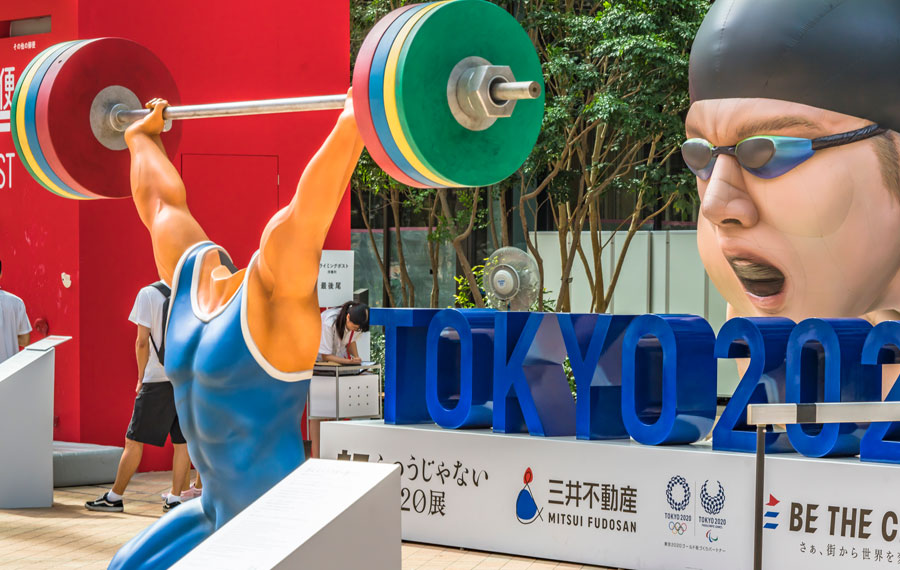
TOKYO METROPOLIS – According to reports, an athlete in the women’s weightlifting event at the upcoming Tokyo Olympics is protesting the possible including of a transgender competitor in her ranks as being “like a bad joke” due to what she says is an “unfair” biological advantage.
Anna Vanbellinghen of Belgium has voiced her opposition to Laurel Hubbard, a transgender weightlifter from New Zealand, competing in the Tokyo Olympics – due to kick off in late June – saying that while she supports the transgender community, the concept of being inclusive should not come “at the expense of others.”
“Anyone that has trained weightlifting at a high level knows this to be true in their bones: this particular situation is unfair to the sport and to the athletes,” Vanbellinghen, who competes in the same +87kg division as Hubbard, said in a recent interview.
Hubbard, 43, had previously competed in weightlifting competitions as a man until she began to transition to female in 2013 at the age of 35. While she has not yet been approved by the New Zealand Olympic Committee to represent her country at this year’s Olympics – specific fitness and performance standards must be met to qualify – if she does get the opportunity to go to Tokyo, she will be the first transgendered athlete to ever compete at the Olympic games.
The potential inclusion of Hubbard in the weightlifting competition already has some crying foul due to the perceived advantages she will have over her rivals. Olympic guidelines since 2015 have allowed transgender athletes to compete if their testosterone levels remain under 10 nanomoles per litre for at least 12 months before and during their first competition.
However, many scientists and medical professionals have stated that this standard is nonetheless unfair to biological female athletes, since lowered testosterone levels do not undo the many biological advantages of someone who went through puberty as a male before transitioning, including muscle and bone density, explosive strength, lung capacity, and more.
“I understand that for sports authorities nothing is as simple as following your common sense and that there are a lot of impracticalities when studying such a rare phenomenon, but for athletes, the whole thing feels like a bad joke,” Vanbellinghen said. “Life-changing opportunities are missed for some athletes – medals and Olympic qualifications – and we are powerless.”



Comments are closed.